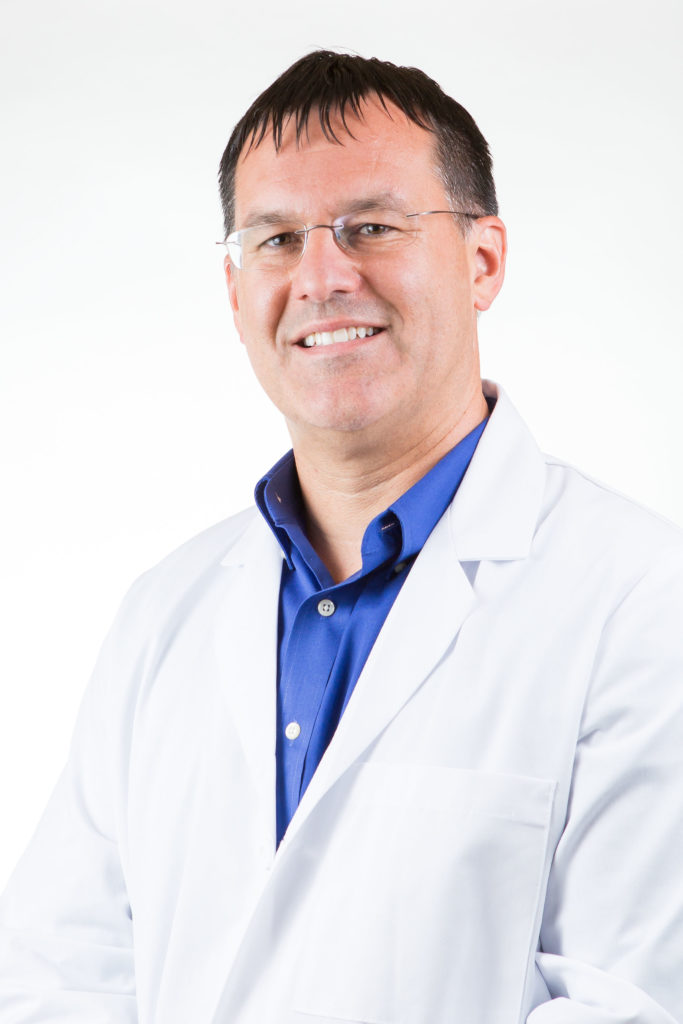Gums

Have questions about your gums and how to protect them and keep them healthy? Our dentists took some time to share information and answer common patient questions to help educate about your gums and proper oral health. View the table of contents below to learn more or find your question and get an answer from one of our dentists!

The following content was provided by Dr. Michael DesRosiers, LVIF Certified General Dentist, and has been medically reviewed for accuracy. Some relevant links have been added to audio transcripts to provide resources for additional information.
Table of Contents:
Click a question below to be taken directly to that answer.
What are your gums made of?
Answer provided by Dr. Michael DesRosiers. Transcript included below.
Dr. Michael DesRosiers:
So your gums are made of epithelial tissue, they’re smooth epithelium that line, basically, the rest of your digestive tract as well. So it’s made of epithelial tissue, is the answer for that.
How hard should my toothbrush bristles be if I have sensitive gums?
Answer provided by Dr. Michael DesRosiers. Transcript included below.
Dr. Michael DesRosiers:
So regardless of whether you have sensitive gums or not, you always want to use the softest bristle brush that you can. We think that we’re doing a good job by getting in there and really being aggressive and working on that tissue. Really it should be more of a massaging action with a very soft bristle brush. The last thing you want to do is abrade those soft and sensitive tissues or initiate recession by really bullishly cleaning the gum tissue.
Can you fix receding gums?
Answer provided by Dr. Michael DesRosiers. Transcript included below.
Dr. Michael DesRosiers:
You can fix receding gums and there’s lots of different ways that you can do that. In our practice, we have a periodontist, that’s a specialist that deals with soft tissues like that. So you can re-approximate the tissue sometimes, so actually detach and reattach, or you can actually graft and there’s different ways to do that. Sometimes in the cosmetic area, the tissue is taken from the roof of your own mouth that will be reattached to cover that, and it blends in very nicely, very cosmetically. So you could really not even tell that anything’s ever been missing there. Sometimes we actually use a donated tissue that is surgically cleaned and ready to go. And that saves the wound in the roof of your mouth that needs to heal. So, yes. But there are ways to correct recession.

